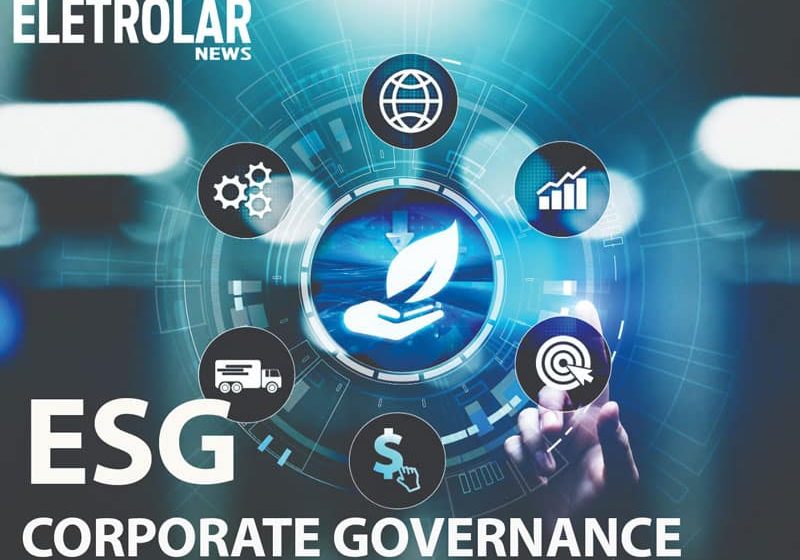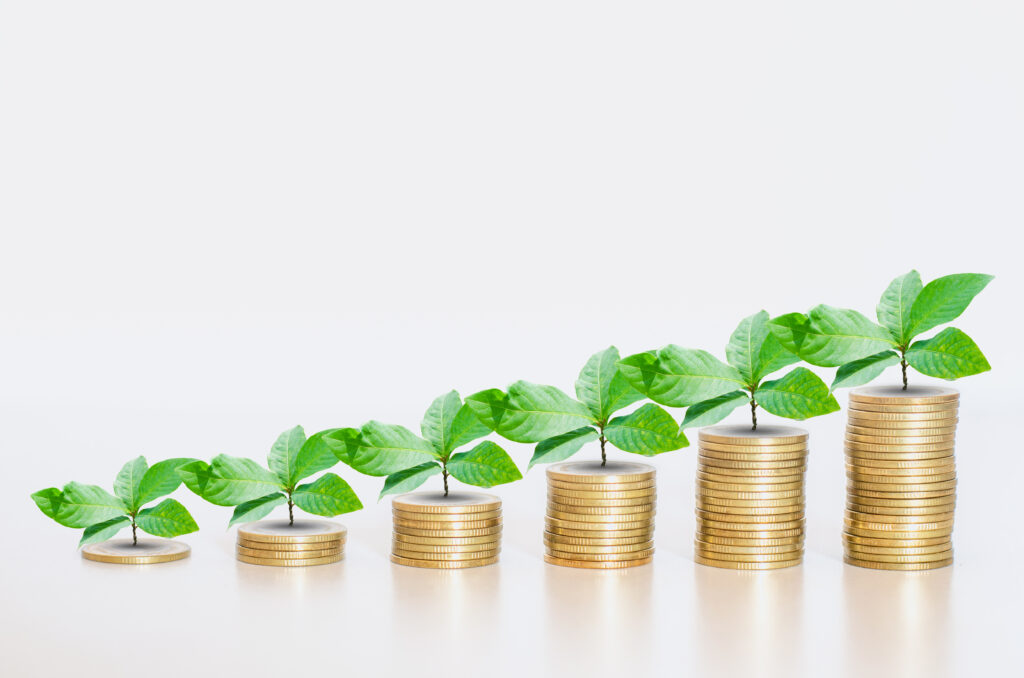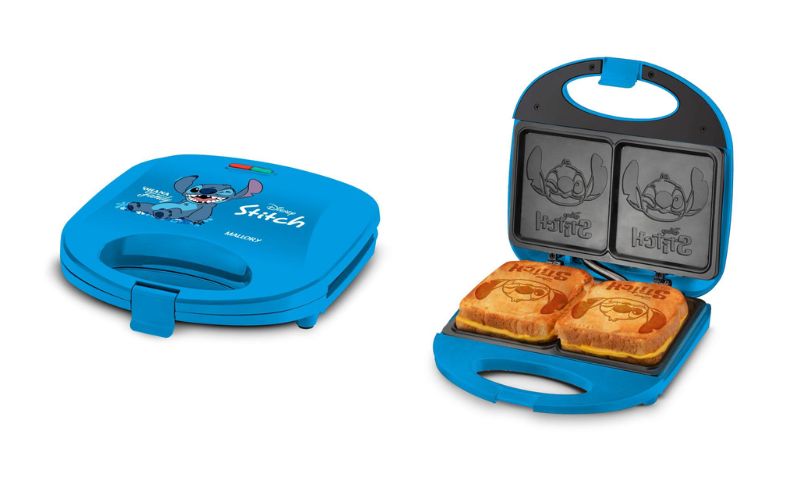
ESG for a more ethical world: whoever creates value wins
by Leda Cavalcanti
A three-letter acronym has become a competitive advantage for companies today. It directs investments and has a bearing on the purchase decision, which today considers the company’s posture and its performance in areas such as the environment, health, safety and diversity of employees, responsibility to suppliers and consumers, remuneration policy and shareholder rights.
Although it has greater visibility today, the acronym ESG (Environmental, Social and Governance) was born 17 years ago, when the World Bank published Who cares wins, in partnership with the United Nations Global Pact (UN), whose secretary-general was Kofi Annan. Aimed at presidents of major financial institutions in the world, it aimed to obtain answers from banks on how to integrate ESG factors into the capital market and gave rise to the adoption of environmental, social and governance criteria, which today are part of the strategy of many companies.
It takes into account the company’s posture and its performance in areas such as the environment, health, safety and diversity of employees, responsibility to suppliers and consumers.

Whirlpool is one of them. It has focused on responsive ESG strategies and initiatives, says Douglas Reis, director of regulatory affairs and sustainability for the company. “We reached record levels of low energy and water consumption by a manufactured appliance and obtained external verification on the reporting of our greenhouse gas (GHG) emissions. We are on track to exceed the goals set by the Paris Climate Agreement. We also adopted international initiatives aimed at sustainability, such as the UN Global Pact.”
Implementing an ESG strategy ensures that companies are committed to an organization’s three main sustainability pillars, says Douglas. “Within Whirlpool, we believe that businesses that are committed to the best management practices end up having a sustainable operation in several aspects, including economic and risk management. Therefore, they generate better results over time. It is one of the most important longevity strategies for an organization.”
The acronym in companies

Via sustainability ambassador
ESG is one of the main pillars of Via, says Vanessa Romero, the company’s sustainability ambassador. “In our governance, it is worth highlighting the management restructuring in 2019, and the consistent results achieved since then, reaffirming the company’s commitment to transparency, ethics and environmental issues. In addition, we are empowering the areas of diversity and sustainability, we have included two new executives in our committee to be ambassadors for the company.”
ESG investment, or sustainable investment is one of the main legacies of the pandemic, says Vanessa. “In addition to contributing to a more ethical, healthy and fair world, it brings benefits such as cost reduction, strength and resilience. Companies, as living organisms essential to society, have been viewed with more critical eyes by all stakeholders. As a result, ESG has become a determining factor, which directly impacts the sustainable development of an organization.”
Born under female management, as its name shows, Magazine Luiza is committed to solutions that promote ESG and the definition of goals related to diversity, digital inclusion, reduction of greenhouse gas emissions and waste management. “In 2020, in an attitude of empathy with millions of small businesses that closed their doors and inspired by the purpose of digitizing Brazil, we launched the Parceiro Magalu (Partner Magalu), a platform to connect them to online commerce in a simple and safe way”, highlights the company.
In the fight against the pandemic, it pledged to donate R$ 50 million and made a significant contribution to the construction of the vaccine factory of the Butantan Institute. In September 2020, it launched the first trainee program exclusively for blacks, an idea that came about after a survey with its collaborators on diversity and inclusion. “It allowed us to estimate that 53% of our workforce is made up of black people, but less than 20% of them are in leadership positions. For a company that preaches the strategic value of diversity for the business, it would be inconceivable to ignore this problem”, informs the retailer.
Main actions of each company


– First trainee program exclusively for blacks
– Free training course in software development. In the last edition there were 80 scholarships, 50% of them for Magalu collaborators. The 2021 tryouts will have a specific quota for black women.
– Canal da Mulher, for any employee to report or notify the existence of women at risk. It has supported more than 520 women. Offers psychological assistance, legal advice and financial assistance.
– Report button within the app, to disseminate information about Ligue 180 (Brazil emergency dial). In June 2020, the resource started to offer – via chat – direct access to the Ministry of Women, Family and Human Rights, to write up a report online.
– In August 2020, it launched a R$ 2.6 million funds to finance entities from all over Brazil that work to combat violence against women.
– In 2021, on International Women’s Day, the app service started directing users to the Justiceiras’ project, a platform that provides multidisciplinary care and support to victims within 24 hours.

– In the environmental area, it works with sustainability goals for the next five years, divided into three pillars. The first is to reduce CO2 emissions in logistics operations. Consequently, it included electric vehicles in its fleet.
– Renewable energy is the second. It has a solar plant in Minas Gerais, which supplies 100% of the electricity to 79 stores in the state. In 2019, it concluded the contracting of two solar plants for Rio de Janeiro, which will serve 57 branches in the state. By 2022, it will acquire 80% of its consumption in medium voltage from renewable sources.
– Modernized the illumination system in stores. It replaced obsolete lamps with more economical models, with longer life and lower maintenance costs.
– As a third pillar, it adopted circular economy and reverse logistics, to give an appropriate destination to everything it sells in stores. In São Paulo it has 200 electronic collection points, at Casas Bahia and Via stores and 400 in the country. It also maintains Reviva: the recyclable waste generated in offices, stores, and distribution centers (DCs) benefits 250 families linked to 11 partner cooperatives that recycle these materials.
– Through the Casas Bahia Foundation, it works with employee management programs and community strengthening actions. In 2020, social investment was 74% higher than in 2019 to minimize the impacts caused by the pandemic.

– In 2020, it prioritized resources around the 10 ESG substantial questions defined in 2019. In terms of the environment, some of the greatest results are linked to a 27% reduction in CO2 emissions in the last six years at its plants in Brazil, and a 61% reduction in gasoline consumption. It also acts strongly on issues related to the useful life of products with ABREE, of which it was a founder.
– In the social field, the most important results involve actions of inclusion and diversity. In 2020, there were more than 40 trainings and events, among others, having 60% in participation by leaders.
– Revised the strategy of the internship and trainee processes, with positive impacts on diversity: 40% of approved interns declared themselves black, 20% declared themselves LGBTQ + and 60% women.
– Evolution of the ‘Consulado da Mulher’, a social action of the Consul brand. It develops the entrepreneurial and employment skills of low-income women, supporting their business path towards a stable income.
– The Supplier Awards is about the quality and sustainability with its suppliers. As a participant in the UN Global Pact, they made a commitment to contribute to the achievement of the goals of Sustainable Development (SDG).
Eletrolar News Magazine 142
eletrolar.com





